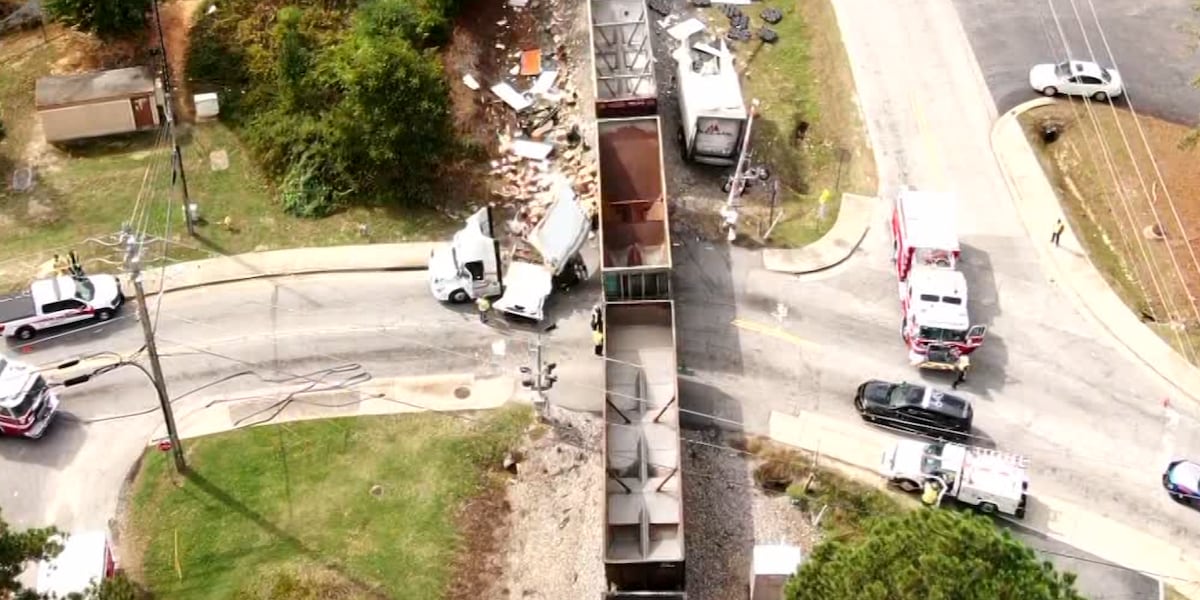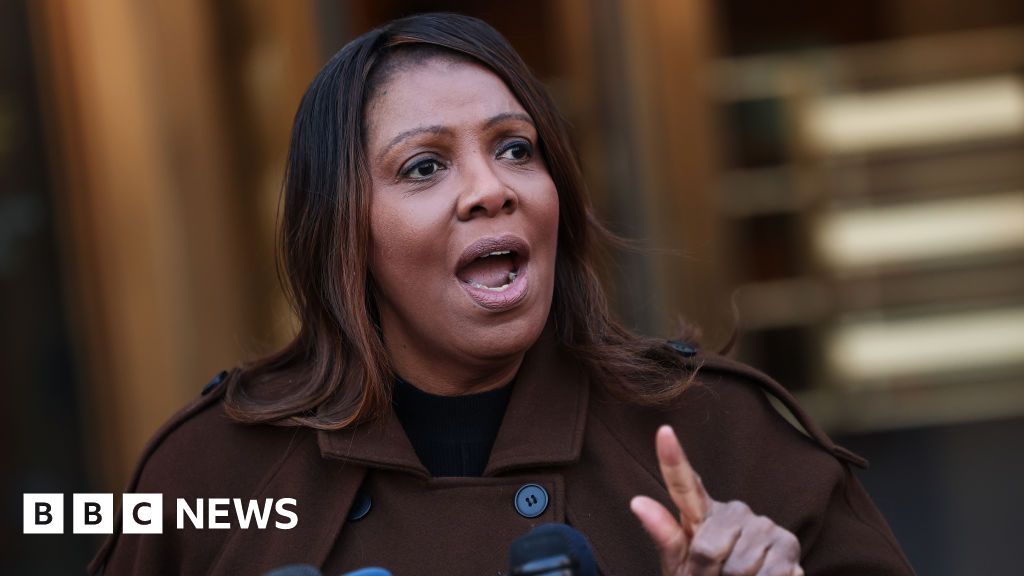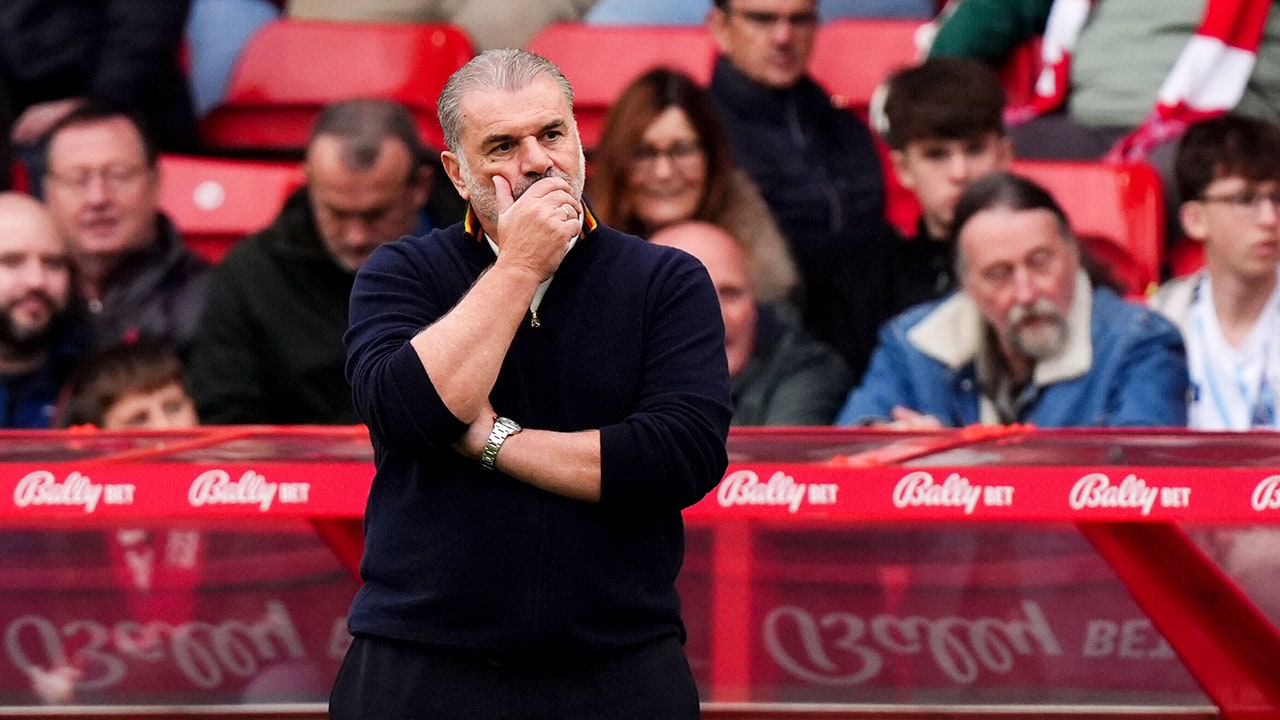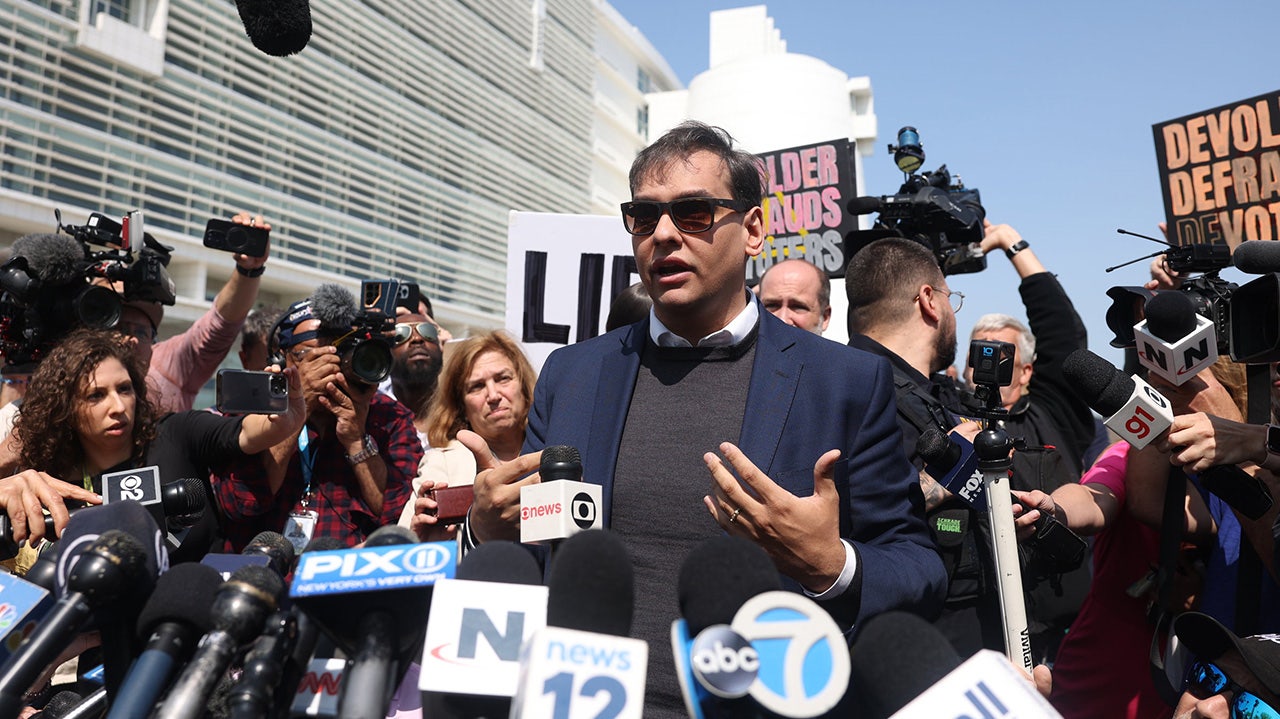Lifestyle
Australia’s rainforests are releasing more carbon than they absorb, warn scientists

Australia’s tropical rainforests have become the first in the world to release more carbon than they absorb, in a trend linked to climate change, a study has found.
Rainforests are usually regarded as so-called “carbon sinks” as they absorb more emissions than they emit with new trees offsetting the carbon released by dead ones.
But a study looking at data from Queensland forests found that extreme temperatures have caused more tree deaths than growths.
The lead author of the study, which was published in science journal Nature, said the findings have significant implications for global emissions reduction targets which are partly based on how ecosystems – such as rainforests – can absorb carbon.
“Current models may overestimate the capacity of tropical forests to help offset fossil fuel emissions,” said Dr Hannah Carle of the Western Sydney University.
With fewer new trees, the report found that the trunks and branches of dead trees – known as woody biomass – became carbon emitters, rather than carbon absorbers, about 25 years ago.
“Forests help to curb the worst effects of climate change by absorbing some of the carbon dioxide released from burning fossil fuels, but our work shows this is under threat,” said Dr Carle.
Dr Carle added that said an increase in trees dying in recent decades was due to climate change such as more extreme temperatures, atmospheric dryness and drought.
Based on 49 years of data from 20 forests in Queensland, the report also found a rise in the number of cyclones and the severity of them was killing more trees and making it harder for new ones to grow.
“We have in this study evidence that Australia’s moist tropical forests are the first of their kind globally to to exhibit this [woody biomass] change,” Dr Carle said.
“And that’s really significant. It could be a sort of canary in the coal mine.”
Senior author Patrick Meir also described the results as “very concerning”, telling news agency AFP that it was “likely that all tropical forests [would] respond fairly similarly” – but added that more data and research would be needed to make a fair assessment.
Australia, one of the world’s biggest polluters per capita, recently announced its new carbon reduction targets, pledging to cut emissions by at least 62% compared to 2005 levels over the next decade.
The country continues to face global criticism for its continued reliance on fossil fuels, with the government allowing one of the country’s largest gas projects -Woodside’s North West Shelf – to keep operating for another 40 years.
Last month, a new report into the impact of climate change found Australia had already reached warming of above 1.5C and that no community would be immune from “cascading, compounding and concurrent” climate risks.

Lifestyle
L.A. Affairs: After decades together we married for love — and his ‘forever’ health insurance

For decades, Carlos and I weren’t married. And I didn’t mind. I built comedy material out of it and used it at L.A. clubs such as the Ice House and the Comedy Store:
“I’ve been in the same relationship for 25 years, and I’m still stuck with the word ‘boyfriend.’ How is it we come up with new words for technology every two minutes? Texting, sexting, Googling, pinging. But when it comes to extended relationships we’ve got: lover, domestic partner, significant other, longtime companion. Recently, someone did tell me about a new term: spousal equivalent. Spousal equivalent! Why does that sound like a sugar substitute to me? Carlos is my spousal equivalent. All the great taste of a husband and only half the commitment.”
The audience always laughed. And if Carlos was in the room, someone would inevitably glance at him and shake their head, as if he were the one dragging his feet. The truth was, I was fine not being married. It wasn’t just him. It was us.
Outside of comedy clubs, when I was asked why after close to 30 years we weren’t married, I would say: “We’re waiting to see if it’s going to work.” People thought that was hysterical. It wasn’t meant as a joke. We were very different people.
There was a period when I started to call him my husband just to simplify things, but I was still as likely to call him boyfriend. “You’re very open about your relationships,” a woman once told me on Day 2 of a two-day conference. It took me a minute to realize she thought the man I referred to as “my husband” on the first day was different from the man I called “my boyfriend” the next.
For a long time, marriage wasn’t something we needed. We’d already built a home, a life, a circle of friends and a level of trust. But then I made a big career shift. After 30-plus years in advertising — comedy was my side gig — I stepped back from full-time agency leadership and went part-time by choice, finally giving my workaholism less oxygen. With that choice, though, I lost my healthcare. Suddenly, marriage wasn’t a punchline anymore.
Carlos had SAG-AFTRA coverage, the kind of “forever” insurance that came with vesting. If I became his legal spouse, I’d be protected too. So after three decades of spousal equivalency, we tied the knot. For love, yes, but also for health insurance.
Except “forever” wasn’t forever. During the COVID-19 pandemic, SAG-AFTRA stripped senior performers of their healthcare. Carlos lost his coverage. Spouses of senior performers got to stay on the plan until we were kicked off at 65 — the age I turned this year. The promise of permanence vanished.
Marriage, it turned out, didn’t just change our status. It also changed our relationship to the house. Before, we had owned it as “tenants in common,” each holding 50%. After we married, we could hold it as community property. Both of us fully owners. That felt permanent too.
Until one day I heard about racial covenants in Los Angeles real estate. I pulled out the original 1921 deed and saw the words that would have disqualified both of us from living where we do:
“No part of said premises shall ever be leased, rented, sold or conveyed to any negro, or any person of African descent, or of the Mongolian race, or of any race other than the white or Caucasian race.”
Neither Carlos, who is Afro-Panamanian, nor I, being Jewish, would have been allowed to live here when that clause was written. We could only be here now because, after 1948, the courts said such covenants were unenforceable.
Suddenly, all I saw were the parallels. First, “forever” insurance that wasn’t forever. Then, “community property” that came with a deed that once rejected our very existence. Now, even the protections that allowed an interracial couple like us to marry in the first place — Loving v. Virginia — feel shakier than ever. Turns out both interracial marriage and racial covenants are protected by 14th Amendment rights. Just like Roe v. Wade was, and we all know how that turned out.
I never thought much about permanence until recently. I was happy with spousal equivalency, with the idea that every day Carlos and I chose each other without needing the state to ratify it. But age, illness and insurance have a way of forcing pragmatism onto romance.
In Los Angeles, permanence has always been an illusion. Hillsides give way to landslides. Wildfires erase entire neighborhoods. Sanctuary policies are challenged, and immigration raids leave families shattered overnight. Even the freeways we once thought immovable split and buckle with time. Why should marriage or property be any different? Paperwork gets rewritten. Laws get repealed. Protections you thought were settled are suddenly up for debate.
The city reminds us daily that permanence is fragile. And yet, we stay. Not because the paperwork binds us, but because we choose to. After all those years of joking about “spousal equivalency,” it turns out the real equivalency is this: permanence on paper versus permanence in practice. We’ll take the latter, every time.
The author is a writer and storyteller for page, stage and the advertising industry. She lives in West Hollywood with her husband and Instagram-viral cat and dog. Visit her website at rochelle-newman.com.
L.A. Affairs chronicles the search for romantic love in all its glorious expressions in the L.A. area, and we want to hear your true story. We pay $400 for a published essay. Email LAAffairs@latimes.com. You can find submission guidelines here. You can find past columns here.
Lifestyle
Video: The Victoria’s Secret Fashion Show in 30 Seconds

By Vanessa Friedman, Coleman Lowndes, James Surdam, Sutton Raphael, Gabby Bulgarelli, Jillian Eugenios, Zach Caldwell and Edward Vega
October 17, 2025
Lifestyle
Nick Offerman on the art of satisfaction, being ‘terrified’ of love, and his brand as a carnivore : Wild Card with Rachel Martin

A note from Wild Card host Rachel Martin: There’s something about Nick Offerman that makes him feel like he’s from another time. Maybe it’s his deep affection for woodworking and penchant for flannel shirts. Or his impressive vocabulary and love of the naturalist writer Wendell Berry.
Nick got famous as Ron Swanson in “Parks and Recreation” but won an Emmy for his role as a survivalist in the HBO show “The Last of Us.” In his acceptance speech he used words like “decency” and “fidelity,” which sometimes feel like values of a bygone era.
Nick Offerman is also a writer and his latest book is a how-to on woodworking for parents and kids called “Little Woodchucks: Offerman Woodshop’s Guide to Tools and Tomfoolery.”
-

 Augusta, GA1 week ago
Augusta, GA1 week ago‘Boom! Blew up right there’: Train slams into semi in Grovetown
-

 Alaska4 days ago
Alaska4 days agoMore than 1,400 seeking shelter as hundreds wait to be evacuated after catastrophic Western Alaska storm, officials say
-

 Education1 week ago
Education1 week agoVideo: 3 Former College Teammates Reunite on Rangers Coaching Staff
-
Business1 week ago
Los Angeles Times Media Group takes step to go public
-

 Wisconsin1 week ago
Wisconsin1 week agoAppleton Public Library wins 2025 Wisconsin Library of the Year award for distinguished service
-

 Vermont1 week ago
Vermont1 week agoFeds: Springfield dealer ran his drug business from Vermont jail
-
Virginia1 week ago
Match 13 Preview: #8 Virginia
-

 News1 week ago
News1 week agoWhat we know about the charges against New York’s Attorney General Letitia James















